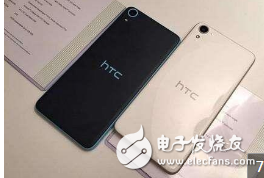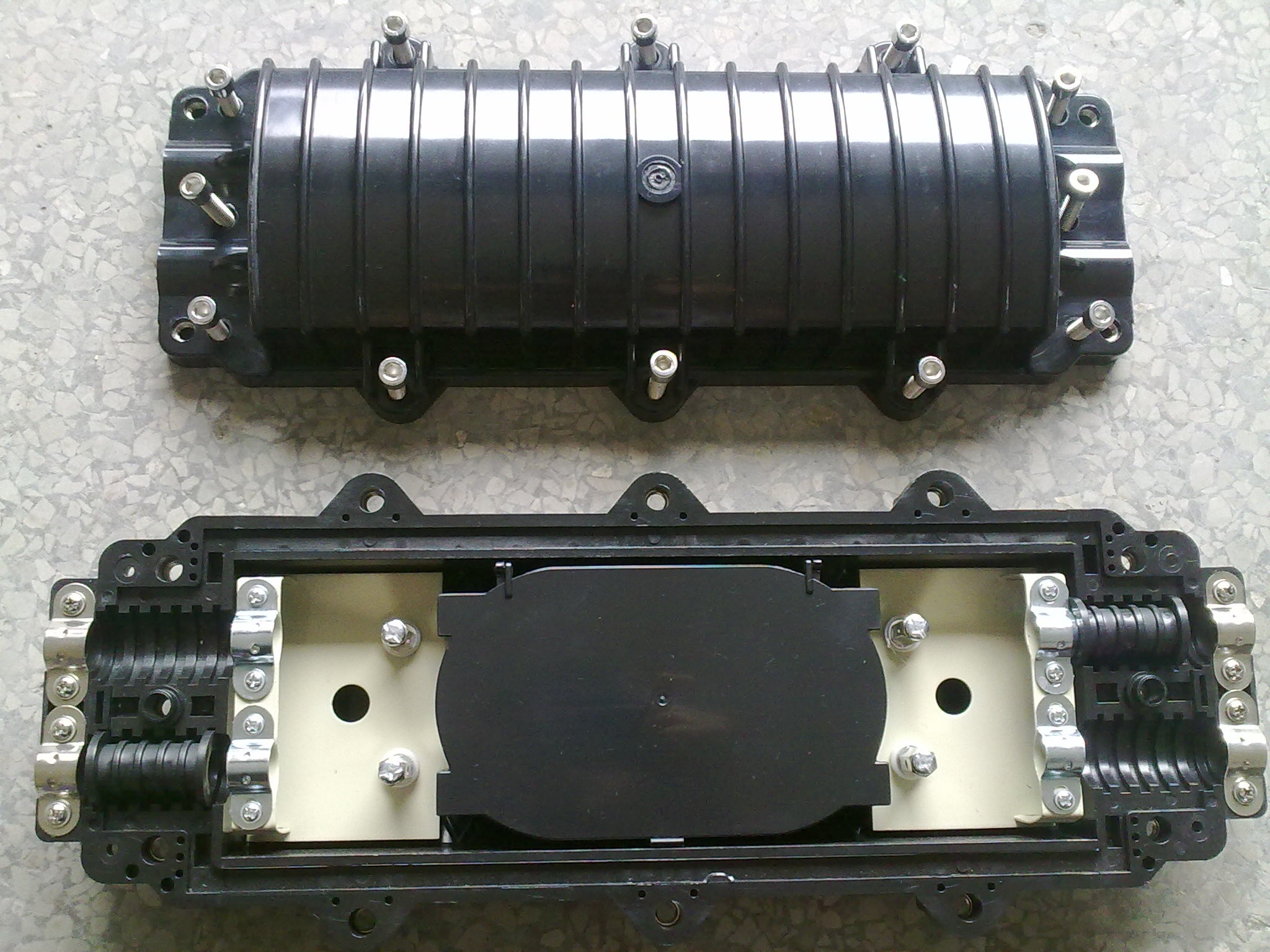Can HTC mobile phone business rise in the VR industry after selling it?
In September, HTC made a strategic move by transferring part of its mobile phone business to Gree for $1.1 billion. This allowed the company to refocus on its own brand, HTC Vive, a leading virtual reality (VR) device. Many netizens believe this shift could help HTC regain momentum in the VR industry. If this proves true, then the previous struggles in the smartphone market may not have been as costly as they seemed.
The VR and AR sector has been anything but quiet. Recently, HTC decided to "sell" parts of its mobile phone operations to concentrate more on VR. The deal caught major headlines, with Google acquiring the assets for $1.1 billion and sparking widespread media coverage. All these developments suggest that the VR industry is poised for significant growth, especially in the second half of the year, following a strong first half.

However, HTC is currently facing tough times. According to its latest report, the company’s revenue in August dropped to NT$3 billion (about US$99.69 million), marking a 54.4% year-on-year decline—the lowest monthly revenue since 2013. Sales for the first eight months of the year fell by 14% to NT$39.8 billion. It's also reported that HTC has suffered losses for nine consecutive quarters. According to IDC's smartphone market ranking released on September 20th, HTC's global market share is just 0.68%.
Over the past five years, HTC's market value has shrunk by nearly 75%, and its current market capitalization stands at only $1.9 billion. Its mobile phone business now holds less than 2% of the global smartphone market and has fallen out of the top ten manufacturers.
On September 21, HTC and Google announced a partnership. Under the agreement, Google joined HTC members who were previously involved in the development of Google Pixel phones, while HTC received $1.1 billion in compensation. Despite this move, HTC's chairman, Wang Xuehong, emphasized that the company will continue to operate both its smartphone and Vive businesses.
In the short term, HTC's collaboration with Google—renowned for its R&D capabilities—can help Google gain access to talent, patents, and equipment. For HTC, the deal provides much-needed capital to address its nine consecutive quarters of losses. It's a win-win situation. However, in the long run, the transaction led to a significant reallocation of R&D resources away from smartphones, which could weaken HTC's innovation capacity and worsen its already declining sales.
After making some cuts to its mobile phone business, HTC plans to focus more on developing its own smartphones and the HTC Vive. The company continues to invest heavily in VRChat, showing its commitment to expanding software and content ecosystems. Social interaction is also a key area that big players like Facebook are targeting. At an April developer conference, Facebook launched its VR social platform, Spaces, on the Oculus Rift. Users can create lifelike avatars, video chat with friends, or take selfies together in a shared virtual space.
HTC began eyeing VR as a new growth area as early as March 2015. It partnered with Valve to develop the HTC Vive, which is now available on the market. According to SuperData, as of June 2017, the Vive had sold 420,000 units, placing it behind PS VR but ahead of the leader, Oculus Rift, which had sold 243,000 units. So, the Vive remains a strong contender in the VR space.
Although HTC Vive has been one of the company's most successful ventures in recent years, the VR industry still faces challenges. It has moved beyond the early adopter phase, but many technical issues remain, such as resolution, latency, field of view, and interaction methods, which have caused a sharp decline in user interest. To combat this downturn, the three major VR vendors—Sony, HTC, and Oculus—have all reduced their prices.
Despite these price cuts, there have been no major breakthroughs in overcoming the core limitations of VR technology. In this challenging environment, HTC’s decision to stay committed to VR seems well thought out. Ren Fuxin believes the move was intentional. Wang Congqing, president of HTC Vive China, stated that after the recent transaction, HTC will focus even more on VR, AR, and AI.
Fiber Optical Splice Closure(FOSC) is provided to provide a solid protection for fiber optic splice points, YULIANG Telecom offers a full range, various models of FOSC with both Inland type and DOME types, YULIANG Telcom FOSC are applied for underground, aerial, pipeline, manhole with protection level reaches IP68.

Fiber Optic Splice Closure,Fiber Splice Enclosure,Optical Fiber Splice Closure,Fiber Optical Splice Closure
NINGBO YULIANG TELECOM MUNICATIONS EQUIPMENT CO.,LTD. , https://www.yltelecom.com